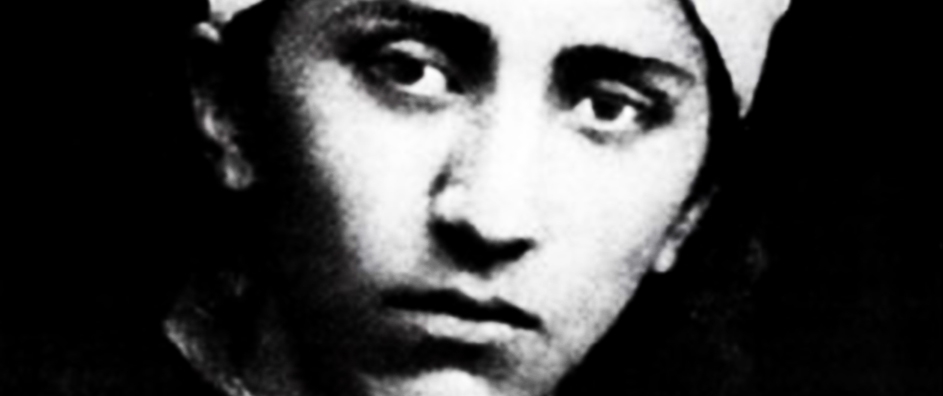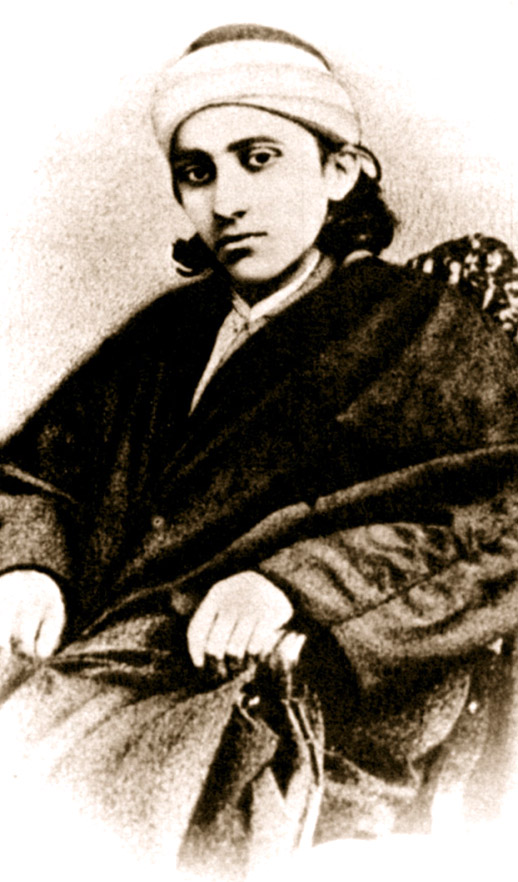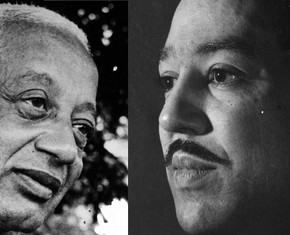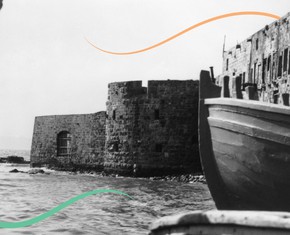The views expressed in our content reflect individual perspectives and do not represent the authoritative views of the Baha'i Faith.
O Thou Who art the Ruler of earth and heaven and the Author of all names! Thou hearest the voice of my lamentation which from the fortress-town of Akka ascendeth towards Thee, and beholdest how my captive friends have fallen into the hands of the workers of iniquity. – Baha’u’llah, Prayers and Meditations by Baha’u’llah, p. 17.
At first, the citizens of Akka treated Baha’u’llah and his imprisoned followers with scorn.
Their minds had been poisoned by the authorities, who characterized the Baha’is as enemies of God and of Islam. This general hostility, in addition to the strict confinement, made life extremely difficult for the exiles.
It was not long before the Baha’is in Persia learned the whereabouts of Baha’u’llah. Some of them set out almost immediately on the journey to Akka. In those days travel in the Middle East was an arduous and hazardous affair. For those who traveled on foot, as some did, the journey took months in each direction. And they had no idea whether they would actually be permitted to see Baha’u’llah when they arrived.
It turned out to be very difficult for the pilgrims to enter the city. The authorities kept careful watch at the gates. Even when the city was successfully entered, it was virtually impossible to gain admittance into the citadel itself. To make matters worse, two hostile followers of Azal, Baha’u’llah’s inimical half-brother, took lodgings directly over the land gate and made it their business to notify the officials whenever anyone they suspected of being a Baha’i sought to enter.
So most of the believers who came to Akka in those early days were unable, even after such a long and perilous trip, to enter Baha’u’llah’s presence. Standing across the vast moat outside the citadel, they waited in the hope of obtaining a glimpse of Baha’u’llah behind the bars of his cell, where he would wave to them. There is a story of one such individual who had to content himself with the hope of seeing him from afar. But he was elderly and nearly blind, and he was unable to see Baha’u’llah’s hand as he waved his handkerchief through the bars of the window. This pitiful incident brought tears to the eyes of Baha’u’llah and his family.
During Baha’u’llah’s incarceration in Akka there was another terrible loss—the death of his young son Mirza Mihdi. Deeply loved by Baha’u’llah and the believers for his purity of heart and high character, he had shared his father’s trials and exiles from the time he was a small child. In Akka he developed the habit of pacing the roof of the citadel in the evenings to pray and meditate. One night, deep in reflection, he failed to notice an open skylight and fell through it to the floor below, striking a wooden crate that pierced his chest. He was twenty-two years old.
The sound of the crash brought Baha’u’llah and several others to him. A physician was summoned, but he was unable to help. One eyewitness recalled that Baha’u’llah asked his son what his wish was. The reply was, “‘I wish the people of Baha [the Baha’is] to be able to attain your presence.’” “‘And so it shall be,’” Baha’u’llah replied. “‘God will grant your wish.’” Mirza Mihdi died on June 23, 1870. Baha’u’llah and the believers were heartbroken.
True to the promise, conditions changed within a few months. Troop movements in the region made it necessary for the Ottoman authorities to use the barracks. The prisoners were removed from the citadel and were given lodging in various parts of the city. This improved their condition a great deal.

















Comments
Sign in or create an account
Continue with Googleor